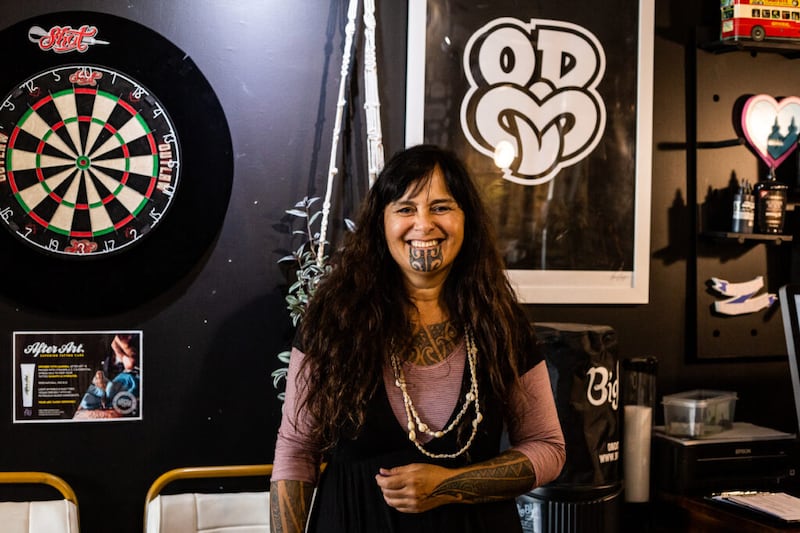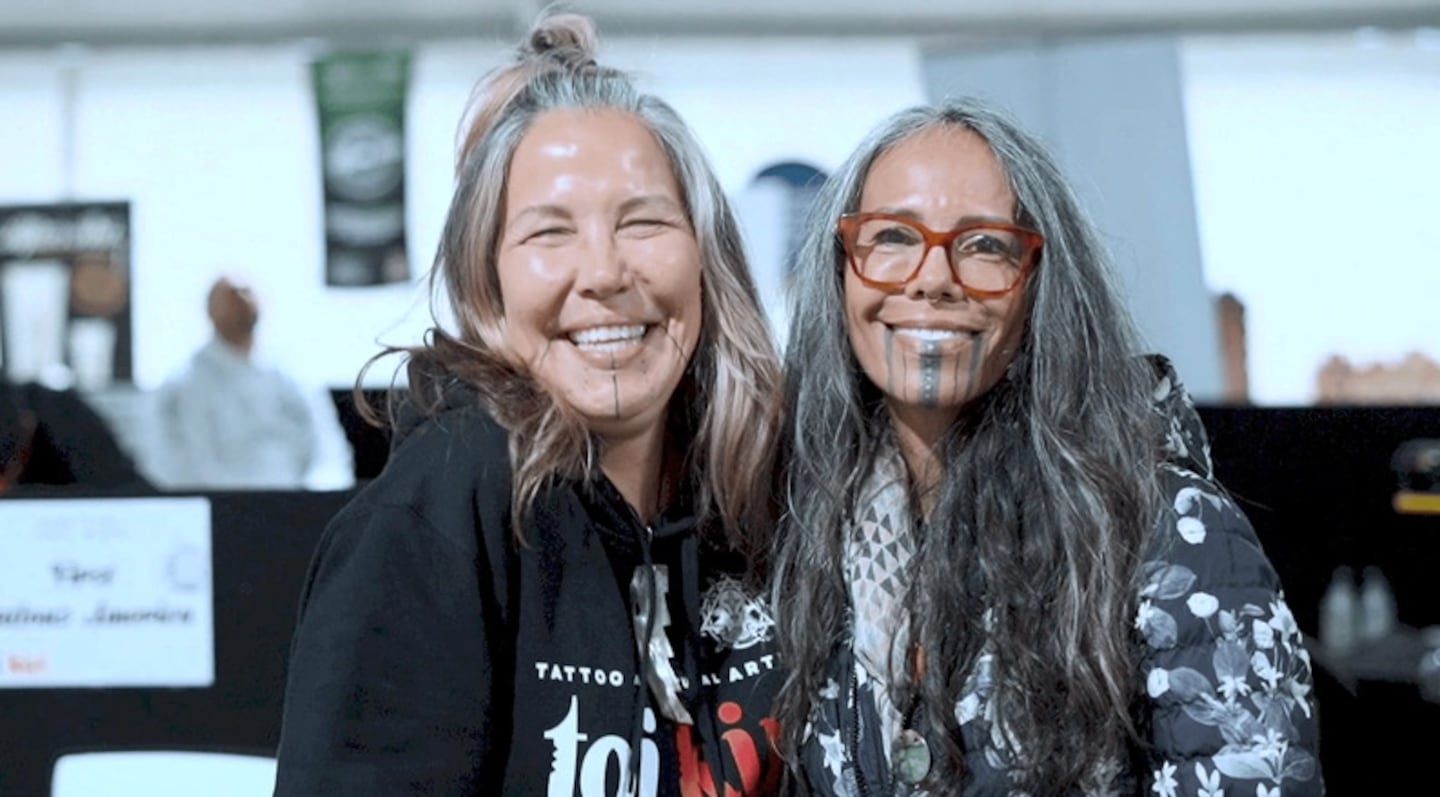The popular Toi Kiri: Indigenous Arts Festival won’t return this year after all.
Instead, the festival, which celebrates traditional body marking from around the world, will wait until 2026.
Mount Maunganui was to host the October event, but organisers say the difficult economy has dashed their plans.
“The current funding environment presents challenges in delivering the high-quality, large-scale event that artists, communities, and audiences have come to expect.”
Last year’s “must not miss” festival drew artists from the four winds.
“We have Tahiti, Niue, quite a large Cook Islands contingent. Alaska, which is Tlingit. One of the indigenous Canadian nations. California indigenous Indian nation from America. Philippines, Tonga, Samoa,” Toi Kiri 2024 creative director and tā moko artist Julie Paama-Pengelly (Ngāi Te Rangi) told Te Ao Māori News at the time.
“I wouldn’t miss it. Even if I wasn’t into art, I wouldn’t miss it. Because where do you get the exposure, the very intimate look into other people’s cultures?
“Where do you get that at your doorstep? You’d have to travel, traverse the world to see that.”

Postponing Toi Kiri 2025 is a “strategic move,” organisers say.
“By postponing 2025, we are creating the time and space necessary for Toi Kiri to grow, evolve, support, and authentically reflect the diverse indigenous communities it represents on an international level,” festival manager Chontelle Hohaia says.
“This festival has always been about more than just skinmarking, cultural arts, performances, or exhibitions. Cultural arts are a language of their own — they embody expression, connection, storytelling, resilience, and relationships."
Paama-Pengelly, the festival chair, says the decision to postpone was difficult.
“Toi Kiri is delivered by a small but deeply committed team. With existing commitments for 2025 and the current economic climate, this decision was not made lightly.
“It reflects our long-term vision: to ensure every edition of the festival is impactful, well-resourced, and meaningful.
“We are confident that with additional time for planning, collaboration, and creativity, Toi Kiri’s return in 2026 will be stronger than ever,” says Paama-Pengelly.



